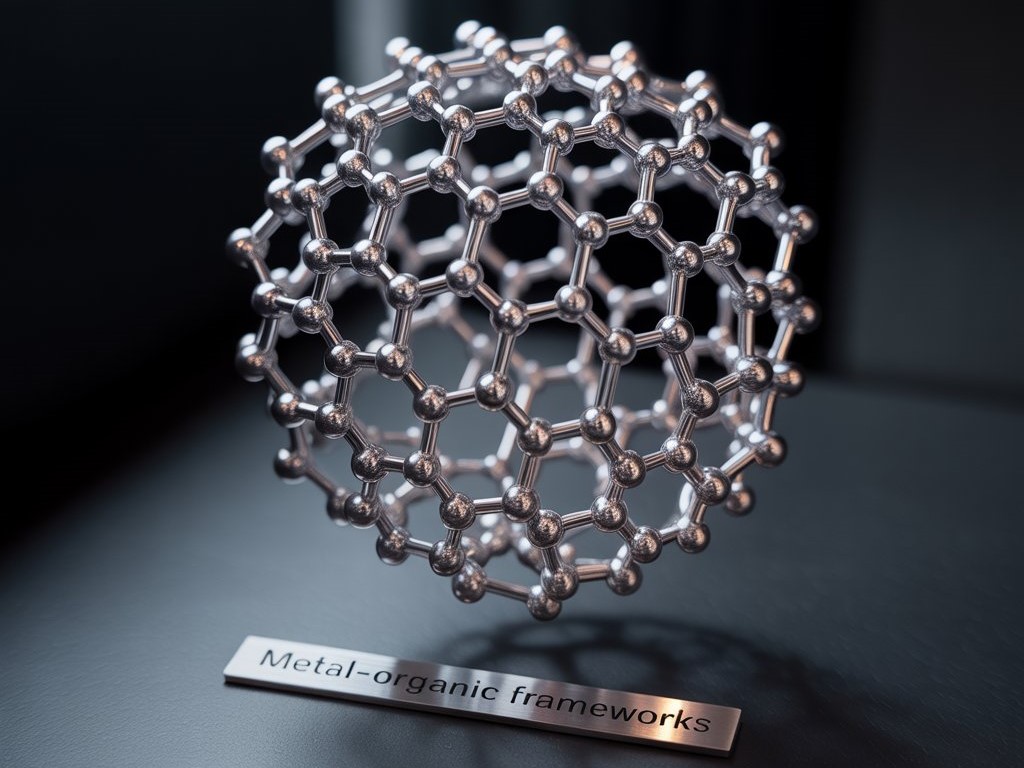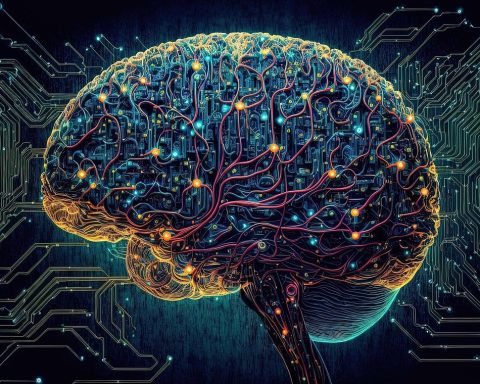
Fém-organikus vázak (MOF-ok): Szivacsszerű kristályok, amelyek forradalmasíthatják a szénmegkötést, a tiszta energiát és még sok mást
A MOF-ok belső felülete világrekordot jelentő, akár 7 000 m^2/gramm értéket is elérhet, elméleti tervek szerint pedig akár 14 600 m^2/g is lehetséges. Körülbelül 20 év alatt a kutatók közel 90 000 egyedi MOF-struktúrát hoztak létre, és elméletileg további több százezer szerkezetet
